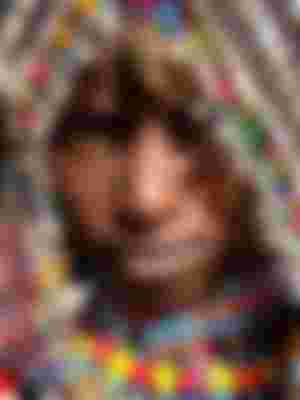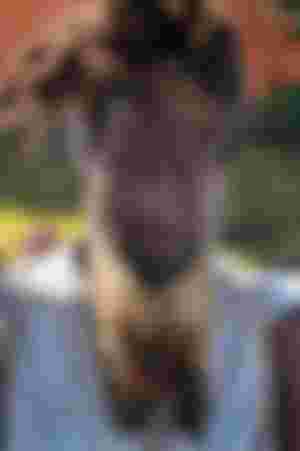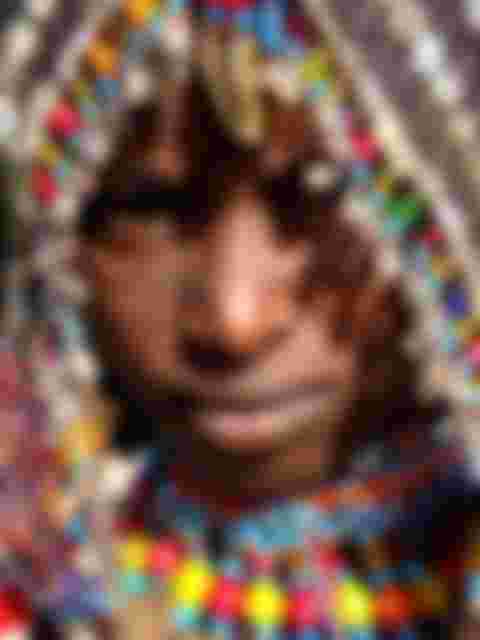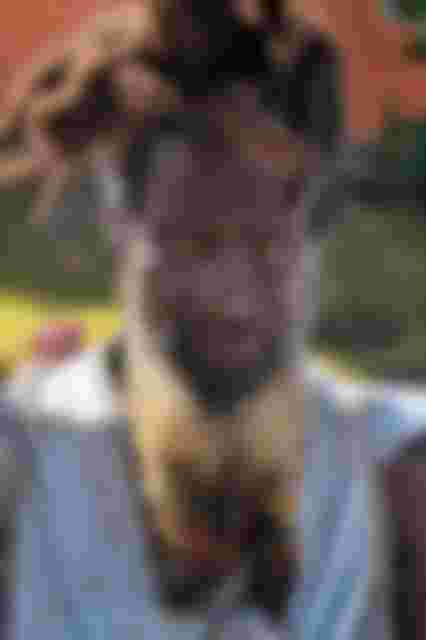Sangoma and nganga are healers who can communicate with the gods and spirits of the ancestors and thus help in case of illness.
For many years, newspaper columns around the world were flooded with news of murders in parts of the African continent, in large numbers carried out for the needs of magical ritual practices. All of this has contributed to creating a negative image of traditional African beliefs and healing techniques. In addition, the scientific community generally disputes these primitive methods of diagnosis, considering them pure superstition. Because of all this, the valuable ancient knowledge and healing methods ruled by African sorcerers, which are passed down from generation to generation in most rural communities of that continent, have until recently been completely suppressed and devalued in most Western societies. Thanks to the work of numerous enthusiasts, ethnologists and researchers who have studied the cultural heritage of this region, most of the prejudices have been removed. As a consequence, there are more and more frequent attempts to connect the scientific approaches of Western medicine with the indigenous alternative, which results in good solutions in practice as well.
The word "muti" means a traditional medical practice in the southern parts of Africa. African medicine makes a large number of balms and medicines based on various herbs, especially tree bark. A number of healers in South Africa believe that adding human body parts to preparations and serums enhances the healing effects. In addition, such a practice can be useful in black magic rituals, especially those aimed at strengthening positions of political power or success in business. It is also the cause of a large number of murders in certain regions. Internal organs, genitals, extremities, eyes, and even the heart are taken from the bodies of living people. Victims usually die due to heavy bleeding, and witnesses to the murders generally do not give out information, because they are afraid of the wrath and revenge of the sorcerer.

Sangoma and nganga - the healer and the herbalist - possess a talent acquired from the gods, while practical knowledge is obtained from the ancestors. Sangoma or nganga can also become one if the initiation process is passed beforehand. Namely, when one of the members of the community suffers for a long time from health problems such as headaches, back and stomach pain, psychosis, etc., it is usually assumed that it is a potential sangoma or nganga. To confirm this, that person must cure their own health problem. Having successfully solved this, the future sangoma must receive from its predecessors all the knowledge and skills about ancient beliefs and rituals, as well as the specific purposes of medicines and balms. In addition, he must master the skill of establishing communication with ancestors, as well as the methods of purification of sacrificed animals and people with steam and blood. Only after that, the process of initiation closes, and the ritual of placing a new sangoma ends with the sacrifice of a goat whose gallbladder is placed in the hair and returns to carry it while performing its sacred duty. Nganga also goes through a similar process, but he acquires knowledge about the types of herbs and treatment techniques.
Sangoma or nganga determines what kind of accident or disease it is by addressing the ancestors, who give it an answer. These ancient spirits are awakened by special rutals, when, in addition to the noise of drums and exalted playing, charms are also uttered. In the process, the spirit of the ancestors possesses the healer, after which he begins to recite songs and charms in some unknown language, all the while playing in a state of deep trance. In addition, he often scatters animal bones, stones, beads and shells on the ground, observing the shapes that are formed from them. Each of these forms is believed to represent some part of the client’s life. In addition to this way, knowledge about the nature of the problems and diseases of sangoma can be gained by interpreting dreams.

Travara ngangu will also be guided by ancestral spirits to prescribe the appropriate medicine, depending on the nature of the problem. Each preparation has a specific medical purpose, as well as a spiritual and symbolic interpretation. Thus, e.g. lion fat gives to strengthen courage, and rhino horn is believed to strengthen potency.
Traditional African medicine understands that the natural laws and biorhythms of the human body are interconnected and that all living beings on the planet are connected in some way. This approach to understanding the world in the West and in the scientific community has long been challenged. However, the situation has changed in recent years in favor of indigenous drugs, which are now used in Western medicine. For example, one such drug is made from the tree Prunus africana and is intended mainly for people who suffer from prostate problems. American researchers have also shown interest in the use of garcinia cola, an African tree, because the extract from the seeds of this plant can be used in the treatment of the Ebola virus. Also, the African continent itself is developing rapidly and is becoming more open and receptive to other influences. Proof of that is the first African hospital opened in South Africa, which combines traditional African methods of treatment with Western ones.


That’s really good information. I really like it. They are so clever and good sorcerer. Thank you for sharing us with us